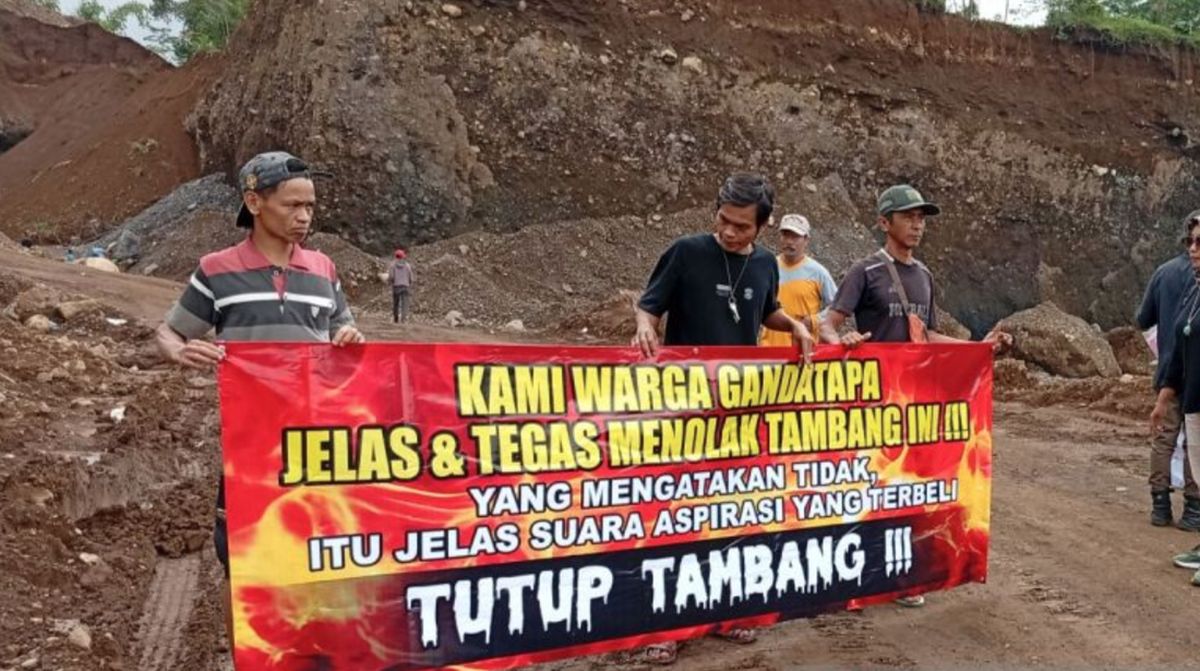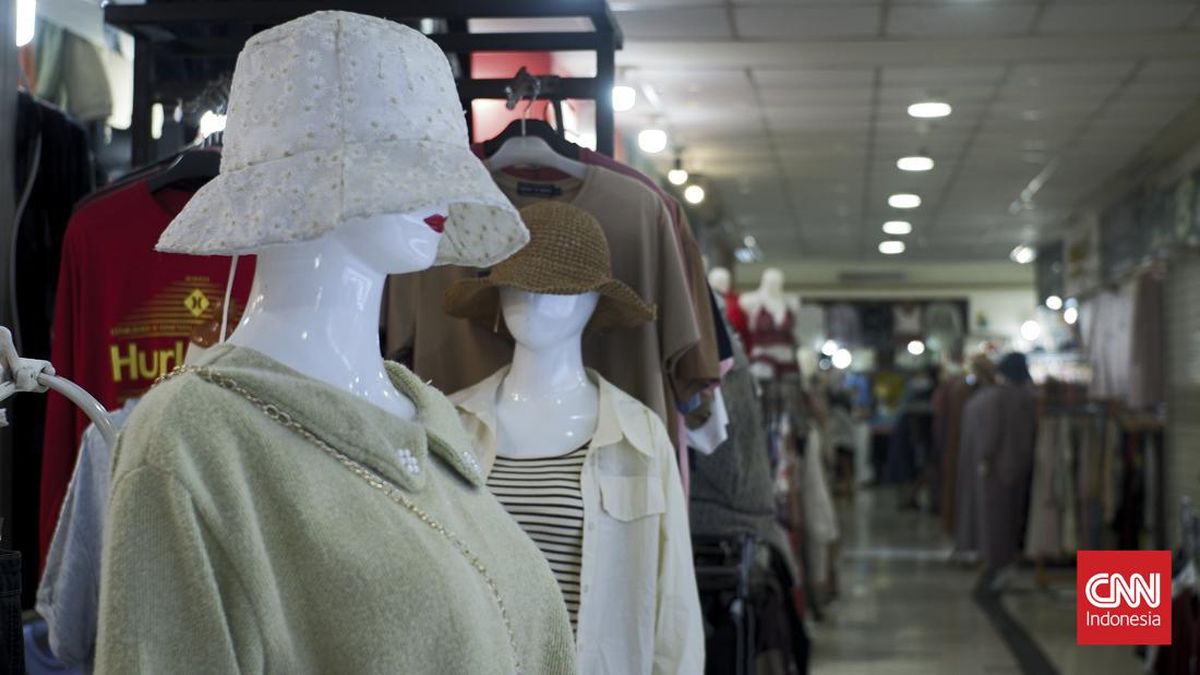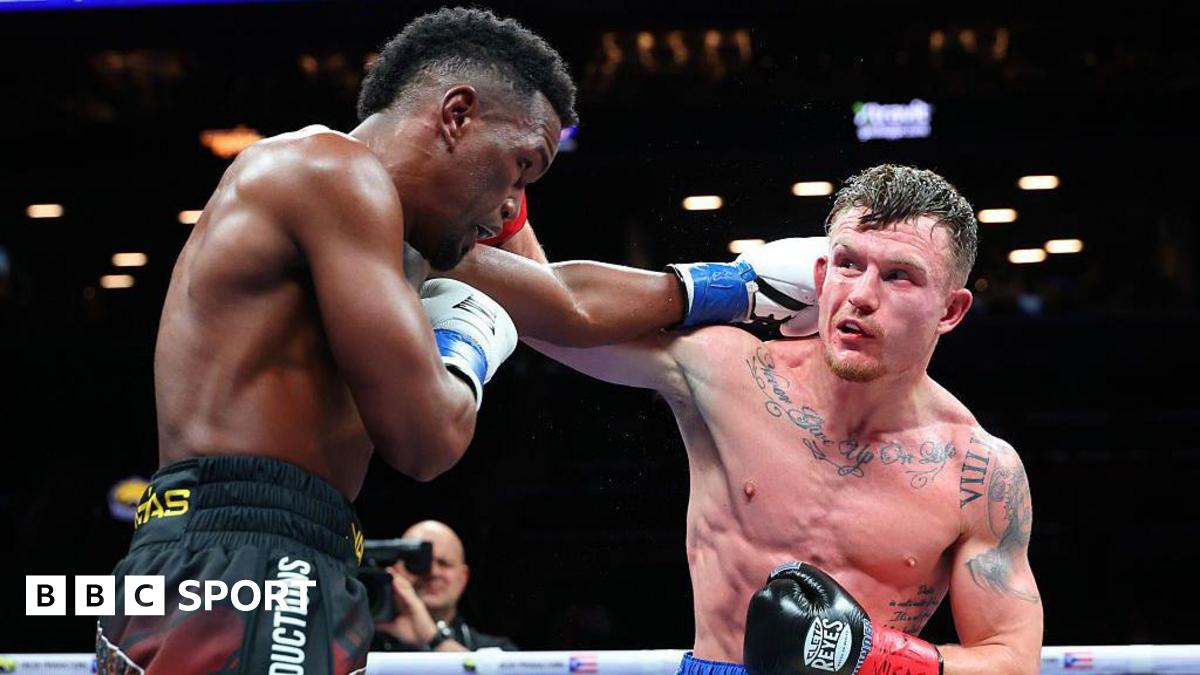Opinion
September 15, 2025 — 3.30pm
September 15, 2025 — 3.30pm
The refrain was predictable as soon as the bullet tore through Charlie Kirk’s flesh: “There is no justification for political violence.”
Well, OK. Obviously. There’s just one problem: there is, in fact, a clear justification for political violence if you accept the moral premises of how we’ve been discussing speech, harm and safety for the past decade or so (which I don’t). We’ve claimed, for some time, that our political adversaries pose an existential threat; that it’s noble to defend your tribe; that ideas make us unsafe, and that words can be violence. From that position – as opposed to a position of traditional liberalism – it’s tricky to oppose the logic of violence.

Charlie Kirk and I swam in similar circles as podcast hosts and commentators, though we disagreed on everything.Credit: Digital graphic: Marija Ercegovac
The assassination of one of America’s most articulate and influential conservative activists is the most dangerous flashpoint in a powder keg of American political violence.
Charlie Kirk and I swam in similar circles as podcast hosts and commentators, though we disagreed on everything: he, a Christian conservative; me, a secular leftie. Social-justice activists called him a “fascist”, which meant he was a normal Republican. He travelled from university to university with a sunny, contrarian cool, spreading ideas I find supremely offensive. He would’ve made my same-sex marriage illegal if given the chance, for a start.
But Kirk was doing politics the correct way: talking, debating, persuading. As his star rose, American campuses became increasingly dangerous for controversial speakers, who were silenced by mobs, protesters and rioters. Kirk was literally engaging in civil discourse when he was shut down.
We don’t know the assassin’s motives. But the suspect in custody was, at the very least, play-acting as an anti-fascist. His ammunition casing was engraved with a reference from Helldivers 2, an anti-fascist video game: “hey fascist! CATCH!”
Everyone, understandably, wants to condemn this. But we’ve backed ourselves into a corner. If our adversaries inflict violence on us merely by expressing their ideas, on what basis are we prohibited from retaliating with actual violence?
A former Democratic governor candidate from Texas, Matthew Dowd, came closest to saying the quiet part out loud: “He [Charlie Kirk] has been one of the most divisive younger figures … who is constantly pushing this sort of hate speech aimed at certain groups … Hateful thoughts lead to hateful words which then lead to hateful actions.”
See? If only Kirk hadn’t had the wrong ideas, he wouldn’t need to have been eliminated.
If we want to ground Australian society in principles that discourage violence, we need to think about how our conversational norms have shifted in ways that blur the line between bad ideas and bad actions. Three recent cultural changes are glaring. First, people who disagree with us are said to make us unsafe. Second, political disagreements are framed as existential threats. Third, group identities are prioritised over individual character – both on the left (woke identity politics) and the right (MAGA blood-and-soil nationalism).
Loading
Right-wing groups have reacted to Kirk’s killing by compiling lists of enemies, including a website devoted to publishing the names, locations and photos of anyone who seemed to mock or celebrate his death on social media.
The left was supposed to respond to such McCarthyite divisiveness by appealing to our universal humanity – “I have a dream” and all that. Instead, progressive groups now also publish lists of enemies. Since when do the good guys maintain blacklists?
Whether it’s the Bendigo Writers Festival controversy, the Antoinette Lattouf saga, the Melbourne Symphony Orchestra controversy, the doxxing of Jewish creatives, the firing of journalists for writing articles about transgender issues, or any number of culture-war flashpoints, the message has been clear: we need to protect decent people from bad ideas. We need to shut people down instead of building the conversation up.
And why not? If you really believe your political opponents are destroying you, why would you sit idly by? If Islam is destroying Western civilisation, then Muslims must be made to feel unsafe. If Zionists are genocidal, then Jews ought to be attacked. If the left is trying to destroy the meritocratic system that built America, then leftists need to go. If right-wing speakers on college campuses need to be silenced, then they need to be silenced. When everything is catastrophised, the conclusions are repugnant.
Loading
The idea that you could be peering through the scope of a sniper’s rifle at an unarmed podcaster’s head and think that you’re the one who’s not the fascist is … interesting. But how much more delusional is it, really, than burning down a hotel for asylum seekers and thinking you’re the one defending good British values? Or spending your days producing hysterical Instagram videos about how Zionists are bloodthirsty, primeval creatures and thinking you’re on the civilised side of the debate?
I don’t know what Americans can do about political violence. But I know what Australia can do. In 1996, we faced a fork in the road on guns. We saw the path America had taken, and we chose a different one. If we want to reject the American model of political violence as definitively, we need to start believing – whatever our priorities and beliefs – that the supreme value is to fight ideas, not people.
But this principle comes loaded with a bitter pill. If we’re serious about debating ideas instead of demonising people, then we need to be open to hearing more bad ideas. In that context, laws against hate speech and religious discrimination are exactly the wrong strategy. They risk being abused by radicals (and by well-meaning but gullible diversity advocates) to stifle legitimate concerns about Islamism, jihadism, religious conservatism, and the integration of regressive migrant communities into mainstream liberal culture. If Australians who feel anxiety about the pace of demographic change have no way to express their concerns in functional ways, they’ll express them in dysfunctional ways. Political extremism isn’t caused by other people saying things you don’t like. It’s caused by those people having no constructive way to air their frustrations.
That’s the trade-off. To drain the swamp of political violence, you don’t get to summarily dismiss someone’s opinion by labelling it racist or anti-semitic or transphobic or Zionist or fascist. You don’t get to claim that nasty words are making you “unsafe”, or that bad ideas are “violence”. You need to do the work of allowing unpopular opinions to be expressed, of figuring out what’s wrong with them, and of refuting them. You need to keep the game on the battlefield of ideas, not the battlefield of tribes. That’s the price of admission to a society that uses conversations, not assassinations, to resolve its disputes.
Josh Szeps is a journalist and the host of Uncomfortable Conversations with Josh Szeps.
The Opinion newsletter is a weekly wrap of views that will challenge, champion and inform. Sign up here.
Most Viewed in World
Loading















































